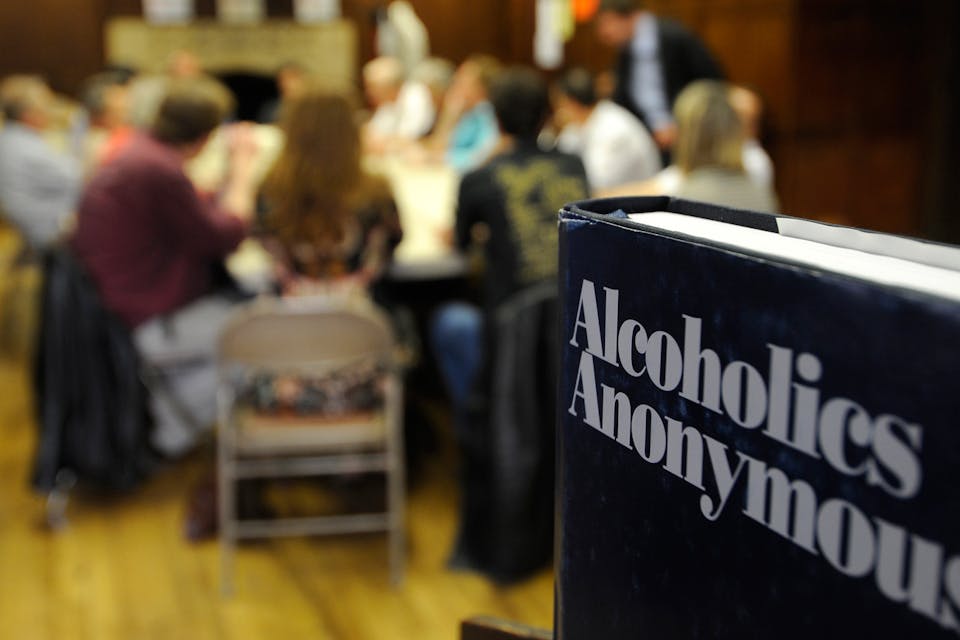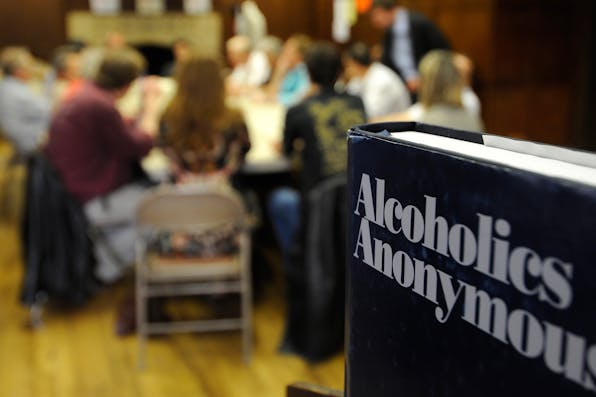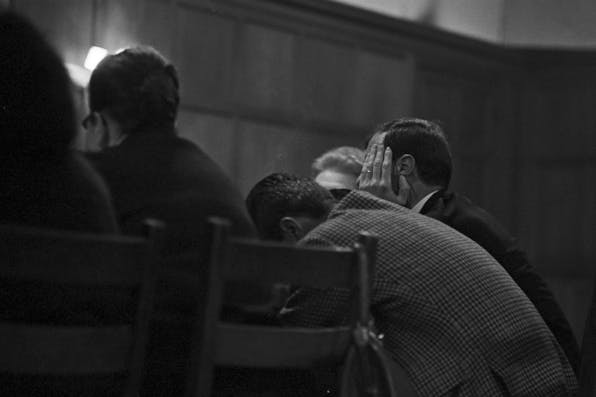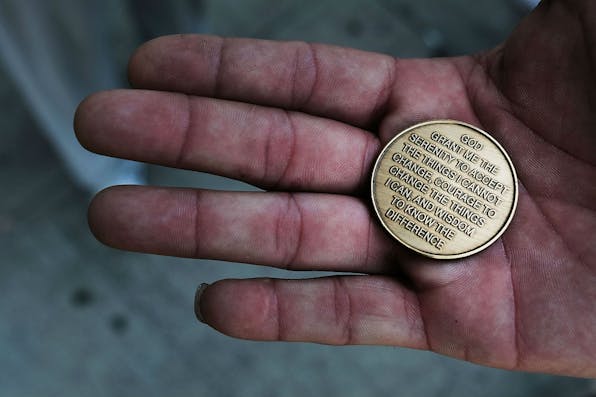
August 14, 2017
Why There Is No Secular Substitute for Alcoholics Anonymous
The tools of reason, science, and common sense are not always accessible to an addict, and may harm him or her when they are.
Jeffrey Bloom, in “God, Religion, and America’s Addiction Crisis,” defends a religious approach to treating drug and other addicts, in particular the approach used in “twelve-step” programs patterned on the group Alcoholics Anonymous. Such programs have become a matter of considerable practical importance.
Due to the spread of prescription opioids and, in their wake, heroin, the country faces a wave of drug addiction deadlier than any in its history. Bloom worries about this, and about the addictive potential built (sometimes intentionally) into our computers and smartphones. To judge from anecdotes, as one must with an anonymous group, AA is effective at getting drunks sober. It has thus become a template for fighting other addictions, from narcotics to gambling. Authorities have used mandatory twelve-step visits as a tool of public policy.
At the same time, atheism has come into intellectual and political vogue, and with it a radical understanding of the separation of church and state. Critics want secular substitutes for programs like AA. Bloom would think they are unlikely to find them: getting right with God is the essence of recovery. Bloom’s argument is never dogmatic or prescriptive, and is the stronger for that (although he does beat around the bush in making it).
Responses to August ’s Essay

August 2017
Why There Is No Secular Substitute for Alcoholics Anonymous
By Christopher Caldwell
August 2017
Challenging the Theophobia of Many Contemporary Social Scientists and Experts on Addiction
By Paul McHugh
August 2017
Judaism Can Help Those Whose Electronic Yearnings Get the Better of Them
By Tevi Troy
August 2017
Addicts Do Need to Get Right with God, but That Doesn’t Mean They Need Religion
By Jeffrey Bloom